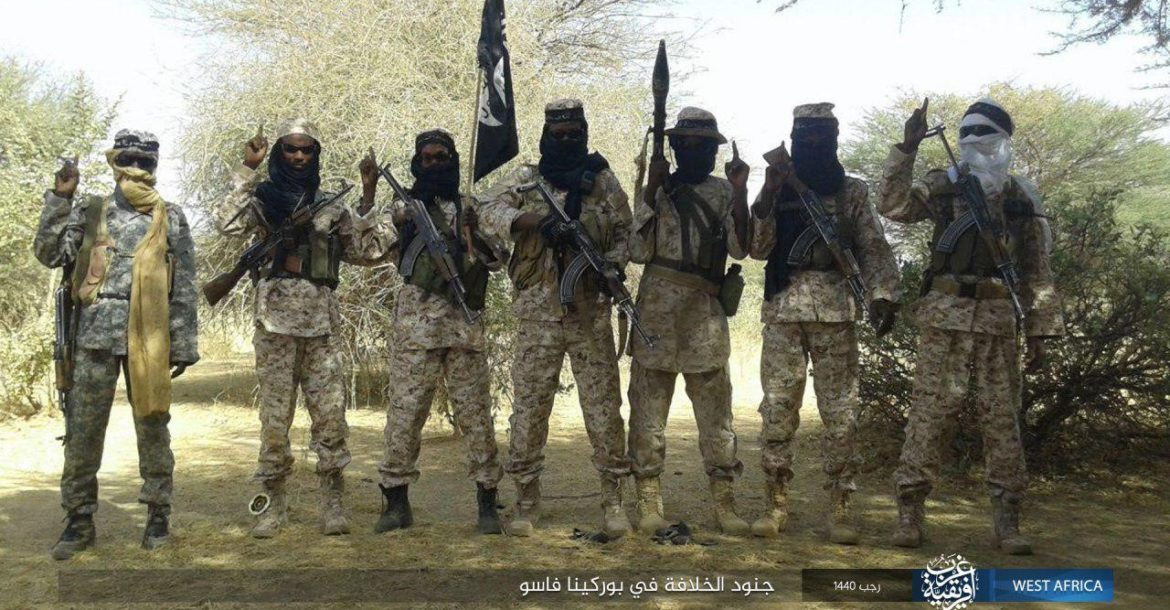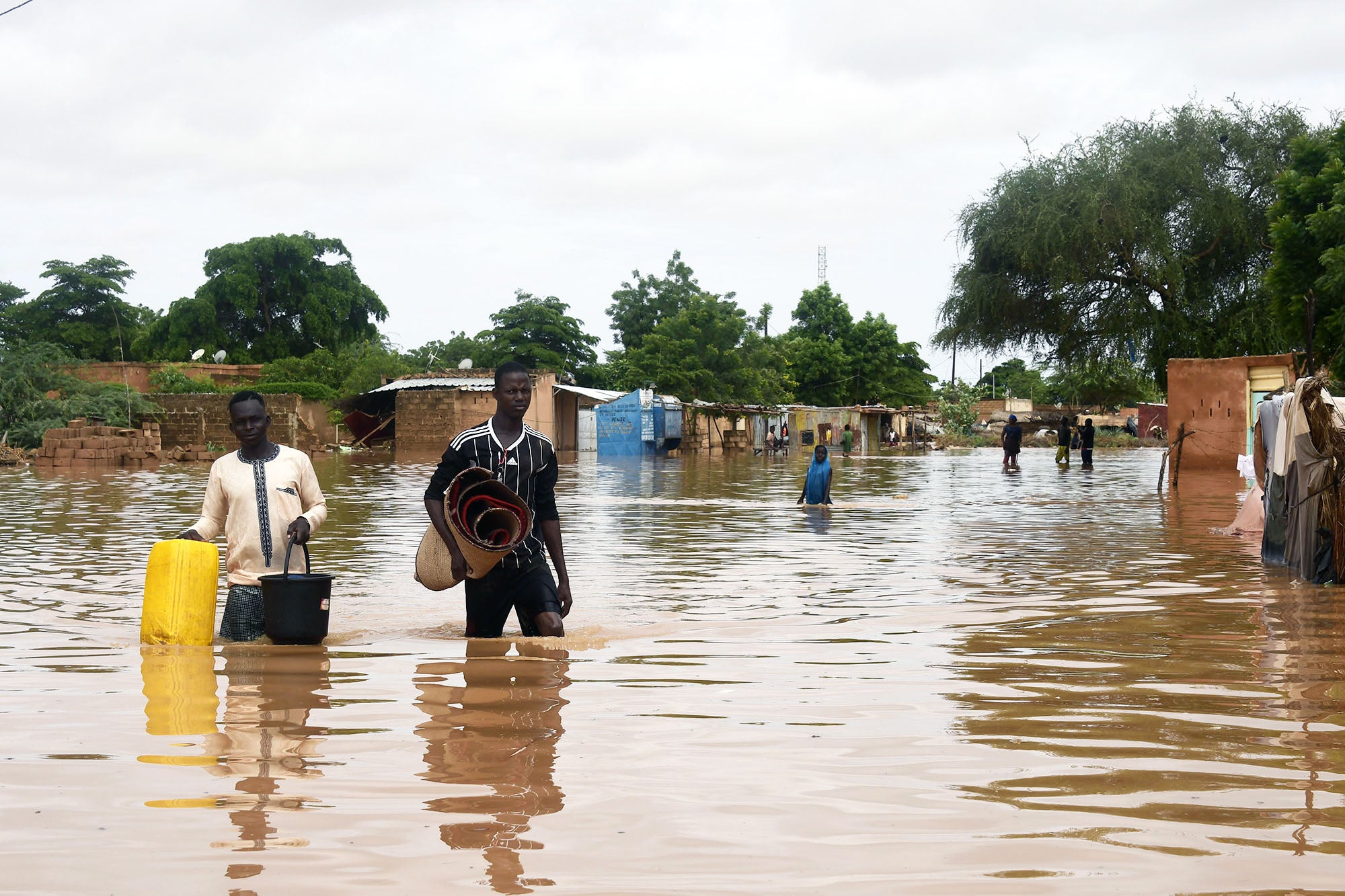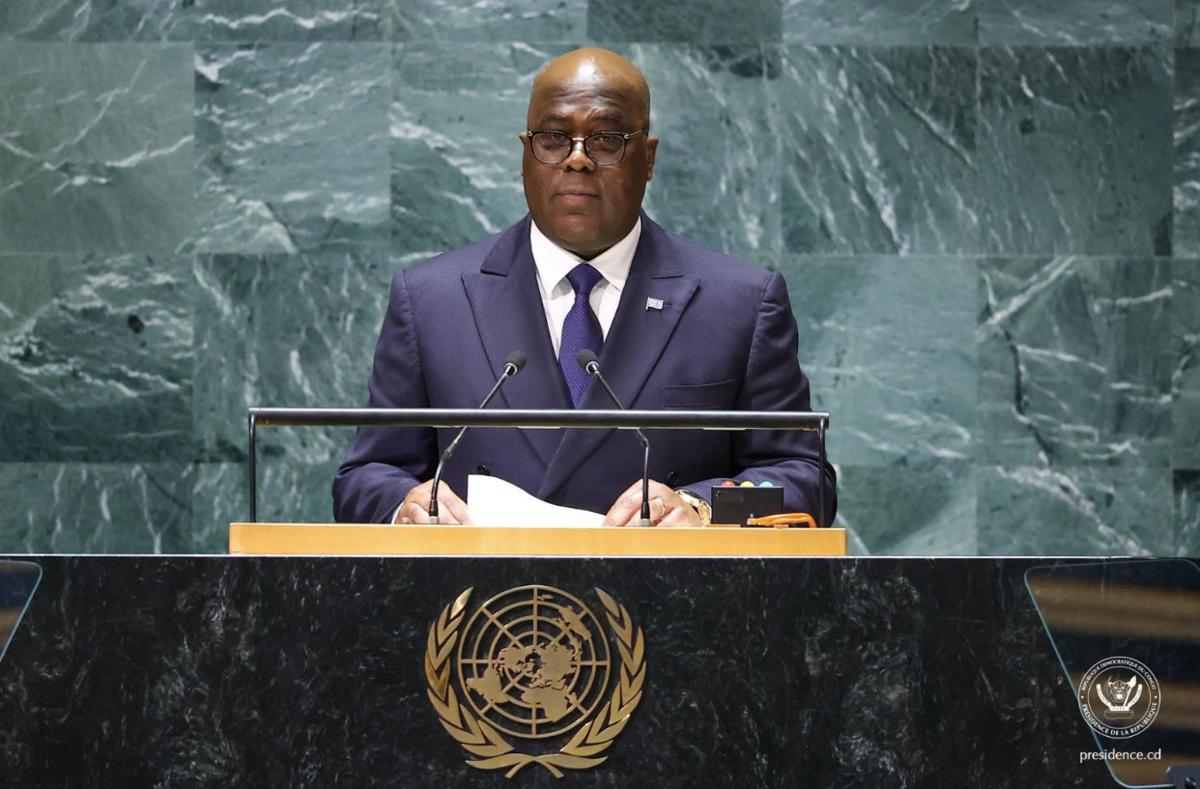
Deadly attack by ISGS in Niger in the Tillabéri region
At least 37 civilians have been killed in an attack attributed to the Islamic State group in the greater Tillaberi region of western Niger, near the Malian border. According to authorities, gunmen opened fire on civilians collecting firewood in a forest.
Escalation of Jihadist Violence
This attack comes amid an escalation of jihadist violence in this border region between Niger, Mali and Burkina Faso. The Islamic State in the Greater Sahara (ISGS) regularly carries out deadly attacks against civilians and security forces.
Reactions and security measures
The Niger government condemned this "cowardly and barbaric" attack. Military reinforcements have been deployed in the area to track down the attackers. The authorities are calling on the population to be vigilant in the face of the persistent jihadist threat in this Sahelian region. This violence is once again causing mourning for the civilian populations caught in the grip of armed terrorist groups that are sowing terror in Liptako-Gourma. The fight against terrorism remains a major challenge for the countries of the region despite the efforts of the security forces.
The security situation remains very worrying in the Sahel
Non-state armed groups continue to carry out large-scale attacks against civilian and military targets, engaging in clashes over access to resources, territorial control and influence.
Terrorism and violent extremist groups frequently target border areas, particularly the tri-border area of Burkina Faso, Mali, and Niger (Liptako-Gourma region). There was an upsurge in clashes earlier this year between the Islamic State in the Greater Sahara (ISGS) and Jama'at Nu rat al-Islam wal-Muslirnin (JNIM).
A disastrous humanitarian situation
The security crisis is exacerbating an already dire humanitarian situation. In Burkina Faso, an estimated 4.7 million people will need humanitarian assistance in 2023, compared to 3.5 million in 2022. In Mali, 8.8 million people will need assistance, compared to 7.5 million in 2022.
Challenges for the G5 Sahel Joint Force
Despite constant progress in its operationalization, the G5 Sahel Joint Force is facing the reconfiguration of European and French forces, the withdrawal of Mali from the G5 Sahel and the intensification of threats in the tri-border area.
The G5 Sahel member states appear determined to strengthen intra-regional cooperation, but despite these efforts, insecurity in the tri-border area continues to grow.
Need for decisive progress in the fight against terrorism
With the upcoming expiry of the tripartite agreement between the EU, the G5 Sahel and the UN, MINUSMA's logistical and operational support to the Joint Force will cease.
The UN stands ready to further support the efforts of the G5 Sahel, including through capacity-building support in areas such as the prevention of violent extremism and radicalization, the rule of law and border security management.
Determined progress in the fight against terrorism, violent extremism and organized crime in the Sahel is necessary to reverse the security trajectory and prevent the spread of insecurity to coastal countries in West Africa.



Leave a comment
This site is protected by hCaptcha and the hCaptcha Privacy Policy and Terms of Service apply.